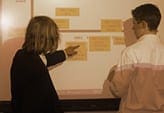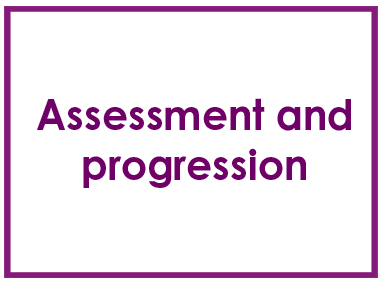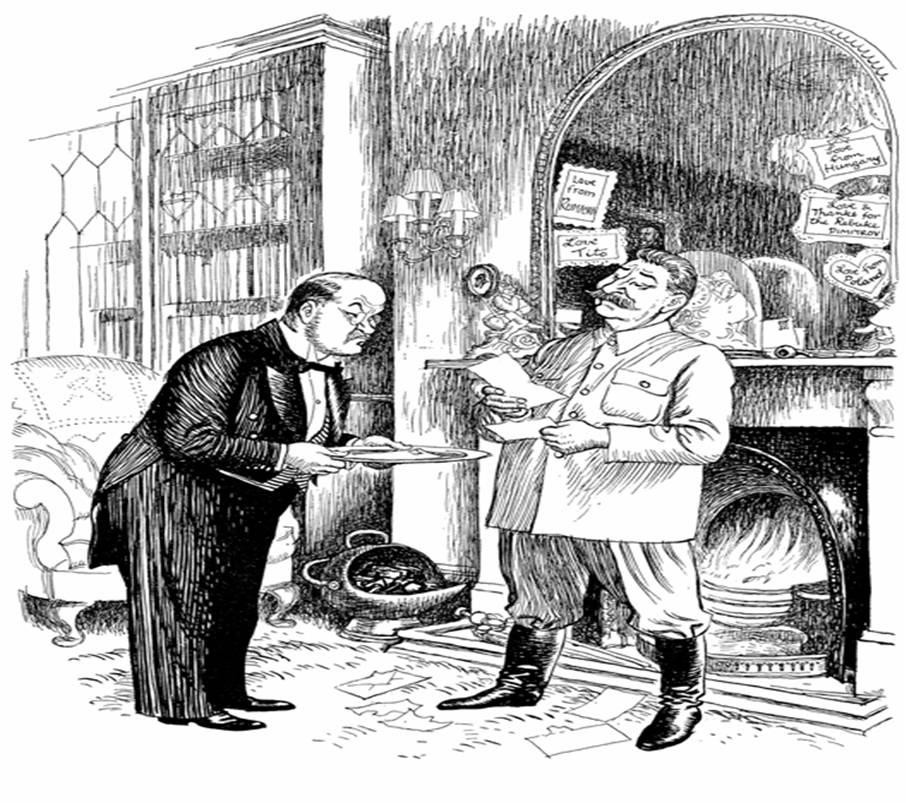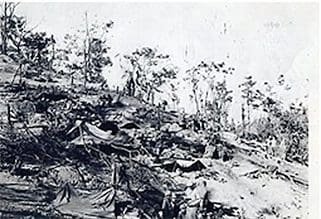
With a firm foundation of thinking skills now laid at Key Stage 3, thanks in part to the National Strategy, it is really important that in GCSE classes you offer just as many challenging opportunities to put these skills to good use. How often do I hear, “We do it at Key Stage 4, but nowhere near as much as at Key Stage 3”. We all know the reasons why, but at Key Stage 4 we must be even more conscious of offering variety and mixing up the way students learn. Thinking skills should be a major part of at least one lesson a week, I would argue. It’s not just a question of frequency though: we also need to make sure we are covering the full range of thinking skills.
There is no doubt that we do quite enough information processing: you might argue there is too much. We







